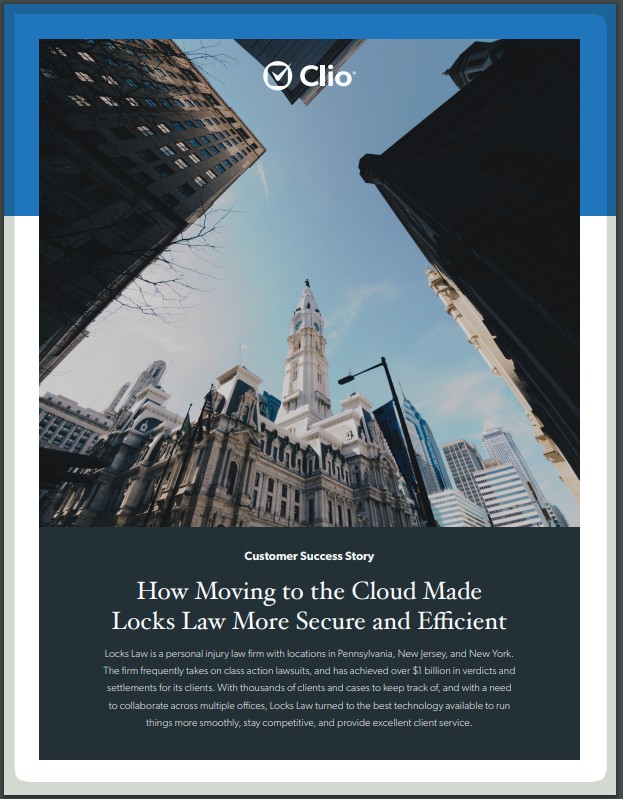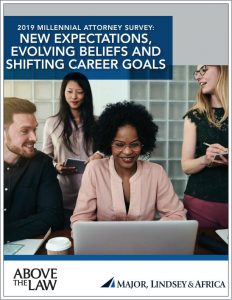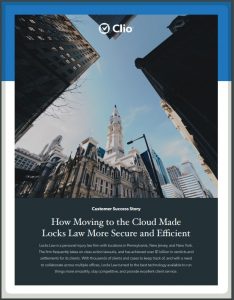 For years, law firms have been debating the wisdom of traditional hiring practices that prize school pedigree, grades, class rank, and cultural “fit” over any and all other criteria. Unfortunately, impeccable credentials are not always a reliable indicator of how well a candidate will perform on the job, and are sometimes (as author Malcolm Gladwell has infamously argued) an impediment.
For years, law firms have been debating the wisdom of traditional hiring practices that prize school pedigree, grades, class rank, and cultural “fit” over any and all other criteria. Unfortunately, impeccable credentials are not always a reliable indicator of how well a candidate will perform on the job, and are sometimes (as author Malcolm Gladwell has infamously argued) an impediment.
To identify the best person for the job (as opposed to the person with the most impressive resume), it may first be necessary to acknowledge that narrowing the field of candidates to people who have spent their lives performing well in school may be part of the problem. Also, it’s helpful to at least entertain the notion that widening the net a bit might reveal candidates who will do their jobs better and add more long-term value to the firm.
Here’s how to widen the net:
Assess Your Culture
Is your firm full of people who have similar backgrounds, went to a certain cluster of schools, and who share common outside interests? If so, it’s likely that your firm values how well a candidate will “fit in” to the firm’s culture, and uses the interview process to weed out people with different backgrounds and experiences, resulting in a relatively homogenous group of like-minded lawyers. This club mentality might make it more comfortable and entertaining to go to work, but ask yourself: Is it really in the best interests of the firm?
Strength Through Diversity
To a law firm, the benefit of hiring different types of people with different backgrounds and skill sets is stronger bench strength, more flexibility, and the ability to serve a broader clientele. Interviewers often look for shared backgrounds and experiences in new hires when they should really be looking for people with unconventional backgrounds, uncommon experiences, and a life history that will broaden the firm’s palette of personalities and skills.
What is the Job?
Before hiring for a position, ask yourself what the demands of the job really are, and what the ideal skill set for the position is? Finding the candidate who fits the job is much more likely to yield success than handing the job to a “culture fit” candidate and hoping they excel.
Forget the CV
Resumes contain certain kinds of information about a candidate, but are only valuable up to a point. What’s not on a person’s resume is arguably more important. Such qualities as persistence, resilience, empathy, compassion, honesty, integrity, leadership, creativity, imagination, humor, problem-solving abilities, teamwork, teachability, work ethic—these are the personal characteristics that make for both a good person and a great hire. These types of people are not always credential-grooming perfectionists, however, so they often slip through the cracks of the traditional hiring process.
What Can’t You Teach?
Coaches often talk about athletes who have natural skills that “you can’t teach.” The best lawyers often have intangible skills that are difficult to teach as well: an ability to think on their feet, a gift for unconventional arguments, relentlessness in the pursuit of justice, eloquent communication skills, creative problem-solving abilities, grace under pressure, etc. Often, these “unteachable” qualities are more reflective of who a candidate really is, and are a better predictor of how they will function on the job.
Ask Different Questions
So-called “behavioral” interview techniques are nothing new, but using them well is a bit of an art. Questions like: “How would you handle a disagreement with your boss?”, “Have you ever made a risky or unpopular decision?”, or “Tell me about a time you failed, and what you learned from it,” are more revealing in terms of how a candidate answers the question than the actual content of their answer. While the candidate is talking, watch their body language—eye contact, posture, hand gestures, etc.—for clues about their personality and how they present themselves and their ideas.
Don’t Go With Your Gut
Popular culture glorifies people who “go with their gut,” but gut-level decisions are often wrong. There is so much more data available today—on group-system dynamics, organizational effectiveness, and behavioral psychology, not to mention the information available on individual candidates—that it would be foolish to disregard it. If entertaining new ideas and information takes you outside your comfort zone, then you’re probably on the right track.
***
 Amy Larson is a Director in Small Law Firm Customer Marketing and Firm Central at Thomson Reuters. She has over 17 years of experience in technology marketing with extensive focus on learning how technology can meet the needs of attorneys. Amy has been involved in numerous product launches throughout her tenure, public relations efforts, interviewing customers and telling their stories, and often writes and distributes information on legal practice management.
Amy Larson is a Director in Small Law Firm Customer Marketing and Firm Central at Thomson Reuters. She has over 17 years of experience in technology marketing with extensive focus on learning how technology can meet the needs of attorneys. Amy has been involved in numerous product launches throughout her tenure, public relations efforts, interviewing customers and telling their stories, and often writes and distributes information on legal practice management.















 Get a better starting point with attorney created legal documents, checklists, guides and more. »
Get a better starting point with attorney created legal documents, checklists, guides and more. » Gain a clear strategic advantage with the fastest answers and most valuable insights. »
Gain a clear strategic advantage with the fastest answers and most valuable insights. » Simplify your matter management, client communication and financial reporting in one seamless tool. »
Simplify your matter management, client communication and financial reporting in one seamless tool. »